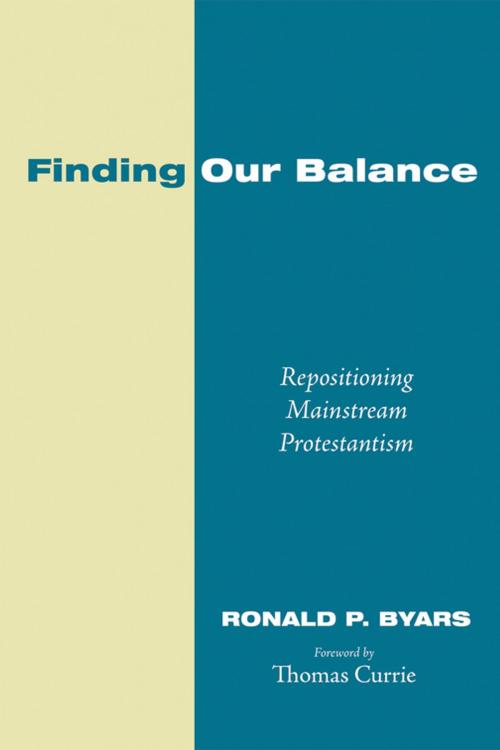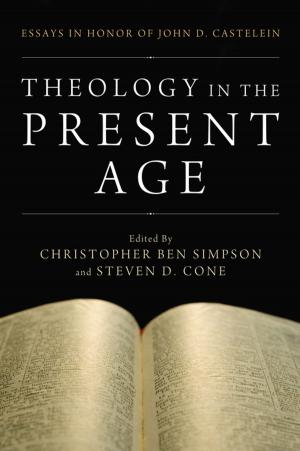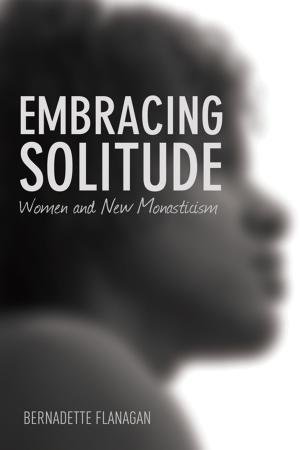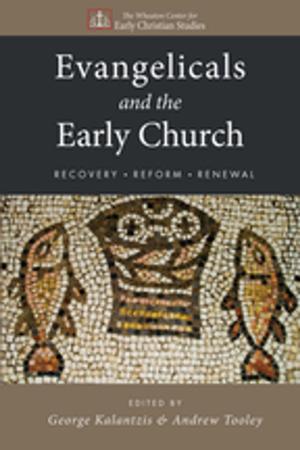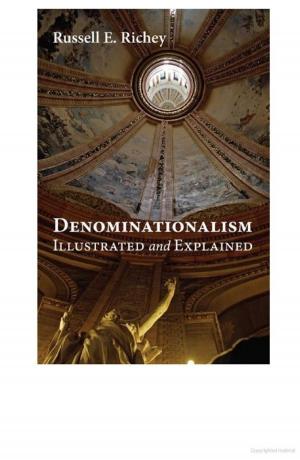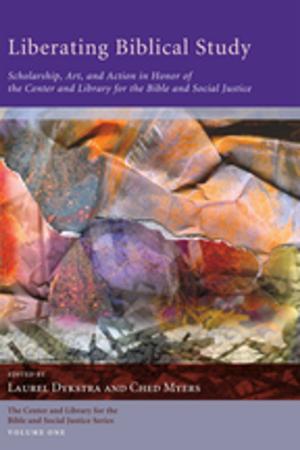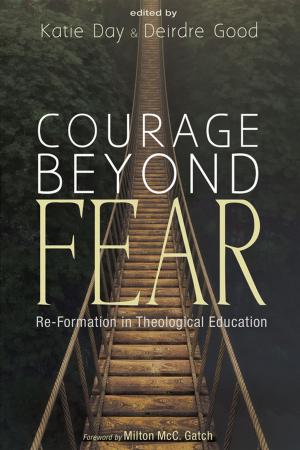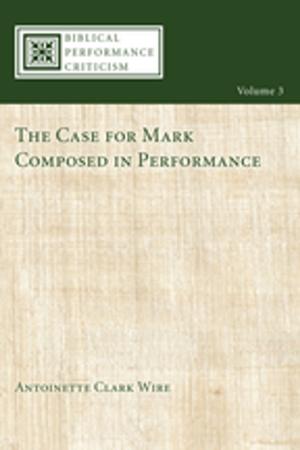| Author: | Ronald P. Byars | ISBN: | 9781498200257 |
| Publisher: | Wipf and Stock Publishers | Publication: | March 27, 2015 |
| Imprint: | Cascade Books | Language: | English |
| Author: | Ronald P. Byars |
| ISBN: | 9781498200257 |
| Publisher: | Wipf and Stock Publishers |
| Publication: | March 27, 2015 |
| Imprint: | Cascade Books |
| Language: | English |
Mainstream American Protestantism is suffering from an identity crisis. We are not fundamentalists, but it is easy to define ourselves in reaction to them. Paralyzed by the shock of a cultural turn toward skepticism, we are tempted to make allies of the skeptics, partly to distance ourselves from the religious right and partly to lay claim to credibility in a milieu in which it is okay to be spiritual but not to be religious. A consequence is that we find ourselves playing in the shallow end of the pool. The historic Protestant principle serves as an enabler when it privileges questioning over affirmation, causing us to lose the necessary balance between the two. American-style generic Protestantism as it has evolved does not have strong enough foundations to withstand cultural pressures. Discovering an identity worth being taken seriously will require revisiting the broad catholic and reforming tradition in order to find an authoritative rather than merely reactive voice. The challenge is theological, but not to academic theology. The challenge rather is to the theology that sustains the local congregation through teaching, certainly, but most pressingly through preaching and worship. The times call for thoughtful and strategic repositioning.
Mainstream American Protestantism is suffering from an identity crisis. We are not fundamentalists, but it is easy to define ourselves in reaction to them. Paralyzed by the shock of a cultural turn toward skepticism, we are tempted to make allies of the skeptics, partly to distance ourselves from the religious right and partly to lay claim to credibility in a milieu in which it is okay to be spiritual but not to be religious. A consequence is that we find ourselves playing in the shallow end of the pool. The historic Protestant principle serves as an enabler when it privileges questioning over affirmation, causing us to lose the necessary balance between the two. American-style generic Protestantism as it has evolved does not have strong enough foundations to withstand cultural pressures. Discovering an identity worth being taken seriously will require revisiting the broad catholic and reforming tradition in order to find an authoritative rather than merely reactive voice. The challenge is theological, but not to academic theology. The challenge rather is to the theology that sustains the local congregation through teaching, certainly, but most pressingly through preaching and worship. The times call for thoughtful and strategic repositioning.
